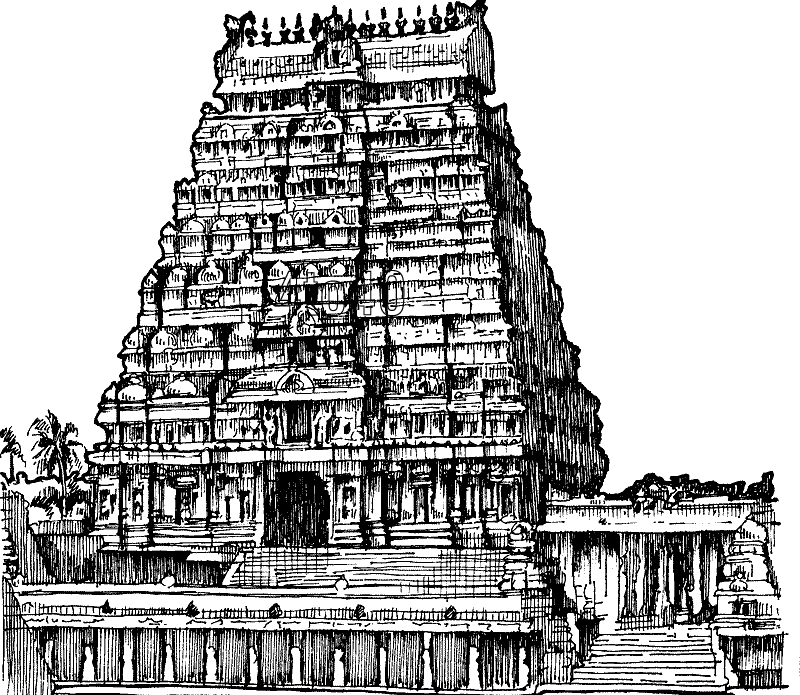LALITHA SAHASRANAMAM - Namah # 138
- S Subramaniam
- Dec 20, 2022
- 2 min read
LALITHA SAHASRANAMAM
@ S. Subramaniam

[ 44. Nirlepa Nirmala Nitya Nirakara Nirakula ]
निराकुला (138)
Nirakula (138)
Meaning:
Devi is free from anxiety, fear, bewilderness, etc.
Interpretation:
Nirakula is a compound word consisting of the terms Nir and Akula (आकुल).
Akula means confounded, confused, agitated, flurried, or disordered. Nir negates all that is meant by Akula. This means that She is not agitated, not confused etc. Therefore the word Nirakula should be understood as Devi is the personification of calmness. She is unperturbed and undisturbed by the surroundings.

Adi Shankara Quote
Unfortunately, we are not able to easily locate any specific reference to the word Nirakula by Adi Shankara in any of his compositions.
Author's Notes:
There are several references to the word Nirakula in various hymns and holy scriptures.
I am quoting two such references here:

The first one is from Sri Radha Sahasra-nama which is composed as a dialogue between Lord Shiva and Devi Parvati. In verse # 27, Lord Shiva, glorifying Radha, the consort of Lord Krishna, says:
विचित्र-वासिनी चित्र वासिनी चित्र-रूपिणी
निर्गुणा सु-कुलीना च निष्कुलीना निराकुला
Vichitra vasini Chitra vasini Chitra rupini Nirguna Sukulina cha Nishkulina Nirakula.
Devi Radha is wonderfully fragrant wonderfully beautiful, free from material nature, born in a pious family not in the family of the material world, and she is free from all distress.

Another reference is from Kandar Anuboothi, a composition by Saint ArunagiriNathar on Lord Muruga in which he uses the word Nirakula to describe the Lord
Ullaasa niraakula yoga vithach
Challaabha vinothanum nee alaiyo
O Lord, are Thou not (the Lord of) Bliss, freedom from sorrow, and Yoga, Who intends the Good and speaks the Good (to all), and does things as Divine Sport (Lila)?
Disclaimer: All matters contained in this article are the property of www.templesofasia.com. The opinions expressed in this article are purely that of the author. The author alone is responsible for the accuracy, authenticity, completeness and validity of all the information in the article.


Comments